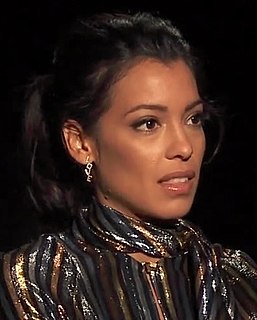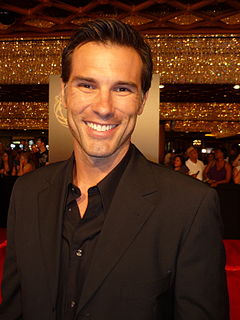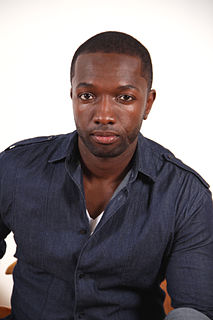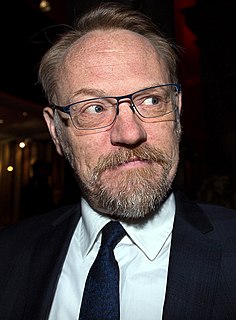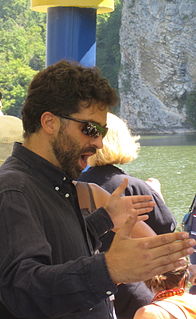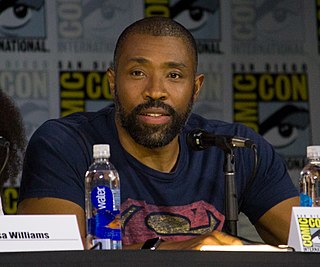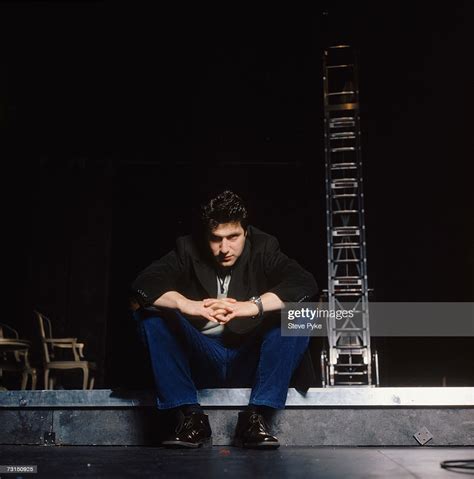A Quote by Stephanie Sigman
I started doing independent films. My first one was 'Miss Bala,' which was very well-received at film festivals.
Related Quotes
I think that film festivals, we're very often given to understand, are about filmmakers and about films and about the industry of filmmaking. I don't believe that they are, I believe that film festivals are about film audiences, and about giving an audience the encouragement to feel really empowered and to stretch the elastic of their taste.
I started doing documentaries in the first place because of the war. I always wanted to do feature films, and I studied directing when the war started, so I was working with actors before, in film and in theater. So I think it's easy to work with actors when you have a script that is clear, when they know what and why they are doing it.
The kind of sleep that I had during my own film [Certified Copy] screening in Cannes is different. It's not because of the specificity of the film. It was because of my relationship as an author to this film. Usually when I take my films to festivals, I feel incredibly anxious about them. I wonder how it will be received, how the audience will react. I feel deeply responsible for them. Whereas this time, I didn't have that responsibility on my shoulders.
My first job was television. I got to where I wanted to go, but through a little bit of a detour. When I first started working in film and television, I hated myself - I didn't like what I was doing at all. All I could think of was, 'I'm overacting. Be smaller.' I started to do that, but that was not fun. I felt confined doing film and TV.
After my film 'The Tale of Two Sisters,' I received a lot of offers from Hollywood to direct, but because 'A Tale of Two Sisters' was a horror film, I received a lot of horror films. But I wasn't interested in working in the same genre, and the scripts I received for films in different genres were for projects that were near completion.
Going forward, I would love to work with directors like Rian Johnson and Joss Whedon; people like that who are doing big films but do have really independent voices. That's kind of what I want to focus on, is always working with people with at least an independent point of view, even if it's not an independent film.
I was so lucky because I started working very young. And my father was very wealthy and I didn't need to work. I did my films. I was very well paid for my age, and I could make choices, decide not to do a film for six months and wait until I'd get the right thing. Which made me quite a coward, you know. It's so easy to say no to stuff, and then, after a while, it's very hard to go back in.
